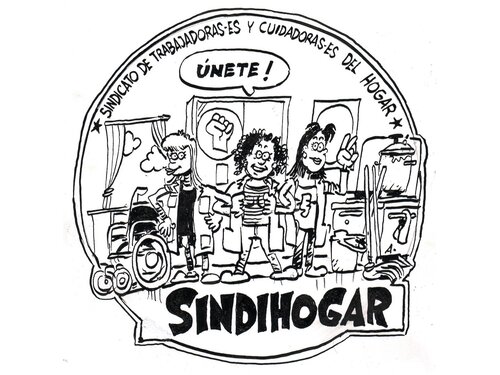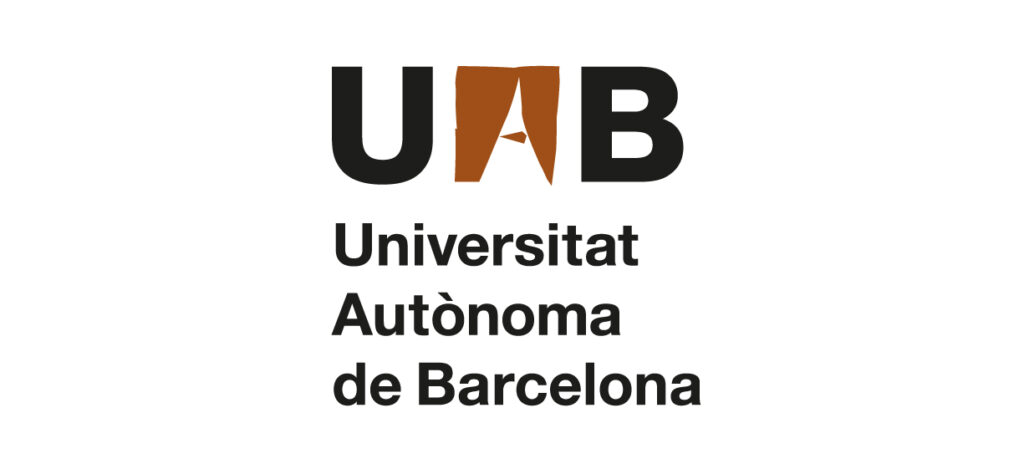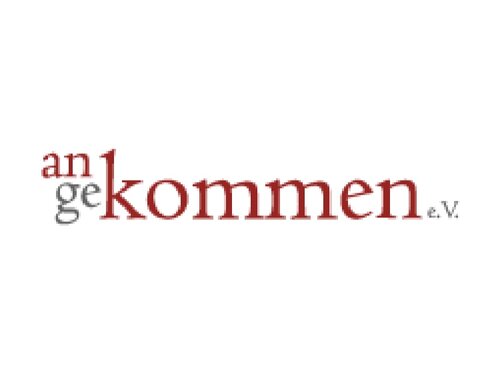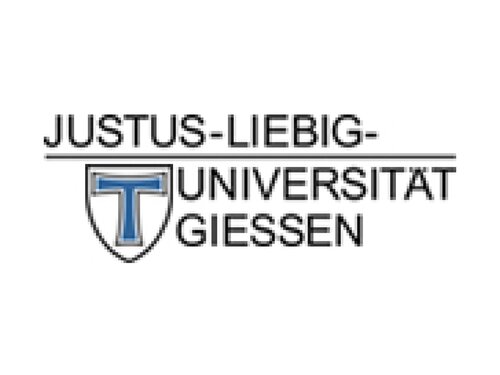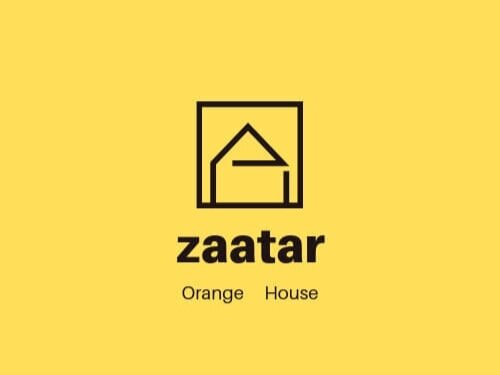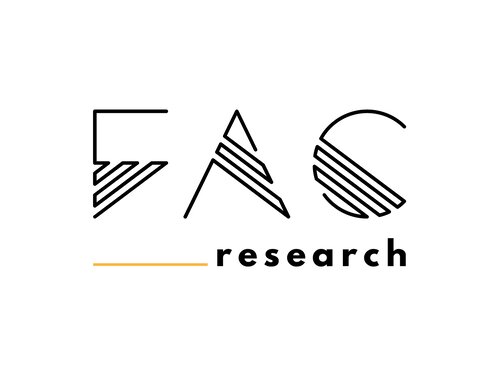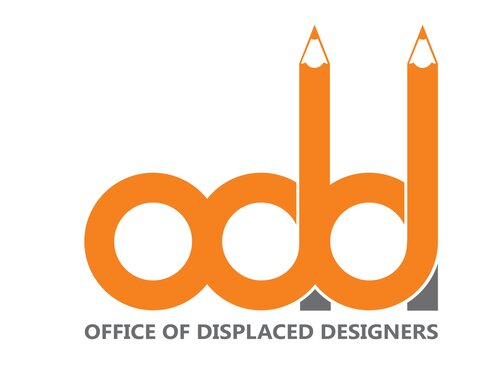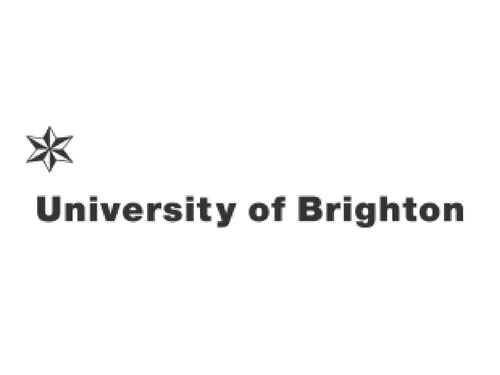Are you looking for our recent activities?
Promoting inclusion in higher education
BRIDGES addresses the practical ways that Higher Education Institutions (HEI) can tackle discrimination and promote social inclusion, in particular, of those with migration backgrounds who encounter barriers due to intersecting discriminations based on “race”, ethnicity, language, religion, citizenship status, gender identity and expression, sexuality, class, age, disability or trauma.
By building relationships with marginalised groups in civil society we aim to develop and share ideas about how to incorporate the invaluable lived experiences of people and organisations that understand and struggle against discrimination into higher eduction. Within the BRIDGES consortium, four strategic partnerships have been formed in each of the four participating countries: Spain, with Autonomous University of Barcelona and Sindillar; Germany, with the University of Giessen and An.Ge.Kommen; UK, with the University of Brighton and Office of Displaced Designers; and Greece; with the Feminist Autonomous Centre for Research and Za’atar.
Through these partnerships, both within and across the participating countries, and through the creation of tools and trainings, we aim to increase the inclusion of students in the cultures, curricula and communities of HEI.
Outputs
BRIDGES draws on Participatory Action Research (PAR) methodologies to develop a range of materials geared at making HEI more inclusive. The results of this collaborative effort will be shared with you freely through four intellectual outputs (IO):
IO1 Virtual Lab
This virtual lab is the primary project dissemination tool through which to access and navigate the innovative pedagogical tools created by the consortium. It also acts as a digital repository of the processes, activities and outcomes, including the gathering of feedback.
The Inclusion without Discrimination training course for instructors aims to enhance antiracist education through the provision of a 3 ECTS open access course. The course is based upon an intensive 5 day training period and draws upon the toolkit as the basis for its curriculum.
IO4 Monograph
“Diversifying Knowledges, Building Inclusive Societies: Theories and Methods of Narrative Productions” is an open access, multi-author monograph that presents the project’s own research and teaching processes, including a methodological guide to narrative productions and participatory curriculum design.
Download the Monograph.
Descargue la Monografia.
Laden Sie die Monographie.
Κατεβάστε την Μονογραφία.
The BRIDGES Virtual Lab has served this many users so far:







